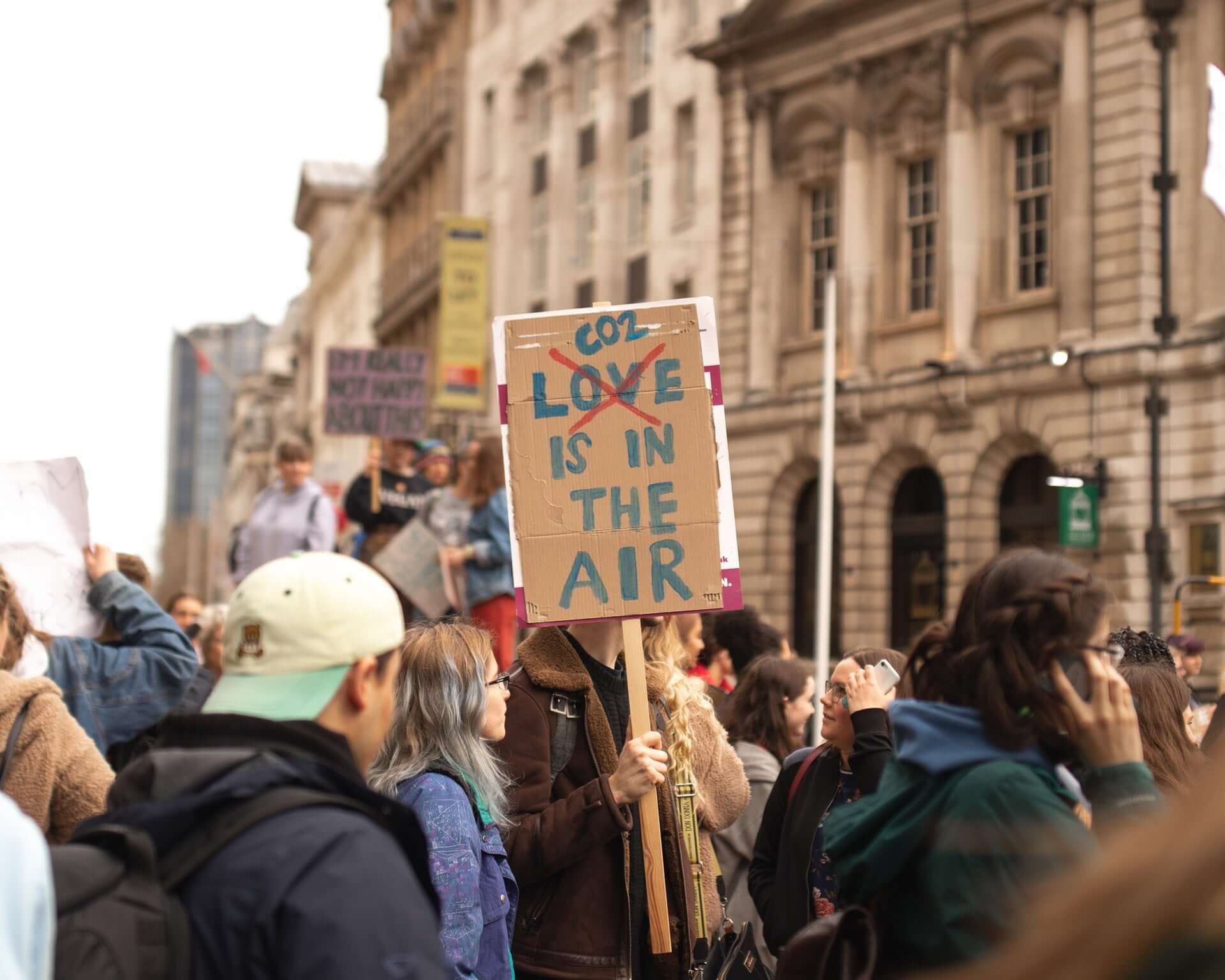
Inhaltsverzeichnis
Save CO2 - tips for everyday life
Simply put, greenhouse gases like CO2 and methane (CH4) contribute to the greenhouse effect and thus to climate change. If you want to do something good for the environment, you can take a look at your own everyday habits and start from there, step by step. Here are some everyday tips that will help you—even as a beginner—conserve resources and reduce greenhouse gas emissions.
1. Avoid disposable items as much as possible
The “tip” that is probably communicated most often and yet has not yet reached everyone: Avoid disposable items whenever possibleThis includes the classic to-go cup, paper and plastic shopping bags, plastic water bottles, disposable straws, disposable cutlery, and paper tissues. These are just a few examples, of course. In addition, there's everything that ends up in the trash after one or a few uses. Packaging waste also falls into this category.
But let’s take a moment: Why is it worth avoiding disposable items?
Emissions are always generated when products are manufactured, transported, recycled, or destroyed. Therefore, it makes sense to use products that don't require these steps to be repeated repeatedly, but only once. Reusable products stay in the cycle longer and produce fewer harmful emissions. Another factor to consider is the material. Why z.B. Plastic is harmful, you can here read more.
If you're just beginning your sustainability journey, don't overwhelm yourself. Observe yourself and your daily habits and then see where you can improve. Every small step is great!
2. Give time more often instead of material things
Almost all of us regularly complain about not having enough time. Trips, activities, and time with friends, in particular, often fall by the wayside due to the stress of everyday life. So why not give the gift of time?
Short-lived gifts, especially flowers, unfortunately have a poor environmental footprint. And yes, I do think flowers are beautiful. Nevertheless, I always feel a bit of sympathy when cut flowers wilt after just a few days and ultimately have to be thrown away. If you like giving or receiving greenery, you should opt for long-lasting plants. Those that purify the air or herbs that grow back and can be used in cooking. Those that offer more "added" value than just looking pretty (as sad as it is to write that down here...).
In many cases, a gift of time is better for the environment than something material. And usually, both parties benefit even more!

Photo by Priscilla Du Preez on Unsplash
3. Live frugally (It's not as bad as you think)
A point that many people find difficult and that they don't like to hear if they grew up in a consumer society like ours.
Here, too, it's important to me to emphasize that everyone is on their own journey, that adjustments take time, and that comparisons with others aren't always useful. So, not everyone has to become a minimalist, move into a tiny house, or limit their possessions to 30 items. There's much more you can do or pay attention to. Take a look here, too, to see what's feasible for you.
Electrical appliances
Most modern electrical appliances have a standby mode that automatically activates at a certain time. This is convenient, as it consumes less power, yet allows the appliance to be quickly restarted. However, if you can bear to wait a few seconds longer, you should turn off electrical appliances completely and unplug them more often. Many devices, even those you wouldn't expect, still consume a considerable amount of energy even in standby mode.
Heat
Another factor is our heating habits. Did you know that our annual heating emissions per capita are exactly as high as the emissions caused by mobility? Tenants usually can't determine the actual heating method themselves.
But your own heating habits can be monitored and adjusted if necessary. The classic recommendations here are: it's better to ventilate a few times rather than always keeping the windows open, turn down the heating when you're not in the room or out, and generally turn down the heating by one degree (or a few degrees).
Second-hand
I must admit that I've been rather skeptical of secondhand products in the past. "Secondhand products are damaged, break more quickly, and don't feel as 'new' or as 'mine'" – those were my hasty thoughts on the subject. In fact, I've only had positive experiences with items I've bought secondhand. Of course, buying secondhand makes more sense for some products than others. But shopping secondhand shouldn't be seen as a hurdle, but rather as an opportunity.
Most cities have secondhand shopping options – and not just for clothes. Buying online often involves additional transportation costs and thus emissions. However, these are almost always significantly lower than buying a new item.
The same applies the other way around, of course: In many cases, I can resell products I don't use instead of throwing them away. While reselling them requires more effort than the alternative of using a trash can or recycling center, it's much more sustainable and also better for my wallet.
4. Eat plants instead of animals (This isn't as bad as you think)
My favorite "tip," which I would have liked to include first, is something I've always wanted to mention first. But because I know how many people shut down when they hear that, I decided to put it last. Because if you've read this far, you're probably one of the people most willing to consider a vegetarian/vegan diet.
A plant-based diet is one of the greatest contributions to environmental protection one can make. According to statistics, up to 40% of global greenhouse gases are produced by livestock farming and its consequences. This is more than the emissions caused by aviation and is therefore very significant.
For many people, a vegan diet also has health benefits – but that’s a different topic :) .
But even if you initially “only” decide to reduce your meat consumption or to engage more with the topic, you can still make a big difference.
In this article For example, it is about whether or notwhy a vegan diet is good for the environment. Via this link you will find further articles on the topic as well as vegan recipes.
In summary, less is more, at least when it comes to consumer behavior. Take small steps in the right direction instead of despairing because you can't (yet) take or implement a big step. For many people, a life without a car is simply not feasible. However, you can get used to avoiding disposable products, always carrying a cloth bag, or unplugging the charger when not in use. Once these habits become second nature, you can move on to something new and move on to the next thing. :)
If you would like to learn more about sustainability, mindfulness or healthy eating, take a look here over.

Photo by Megumi Nachev on Unsplash







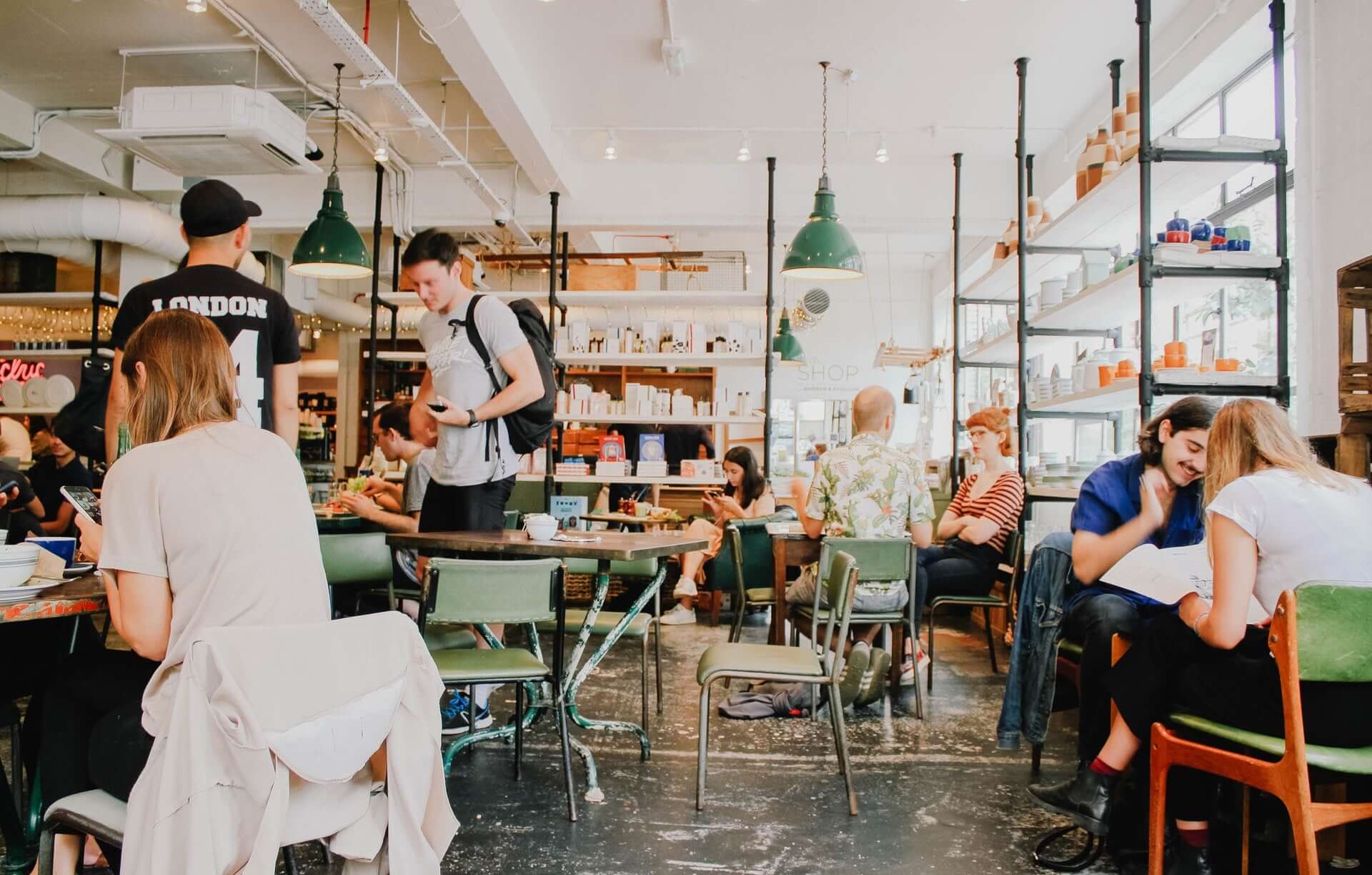
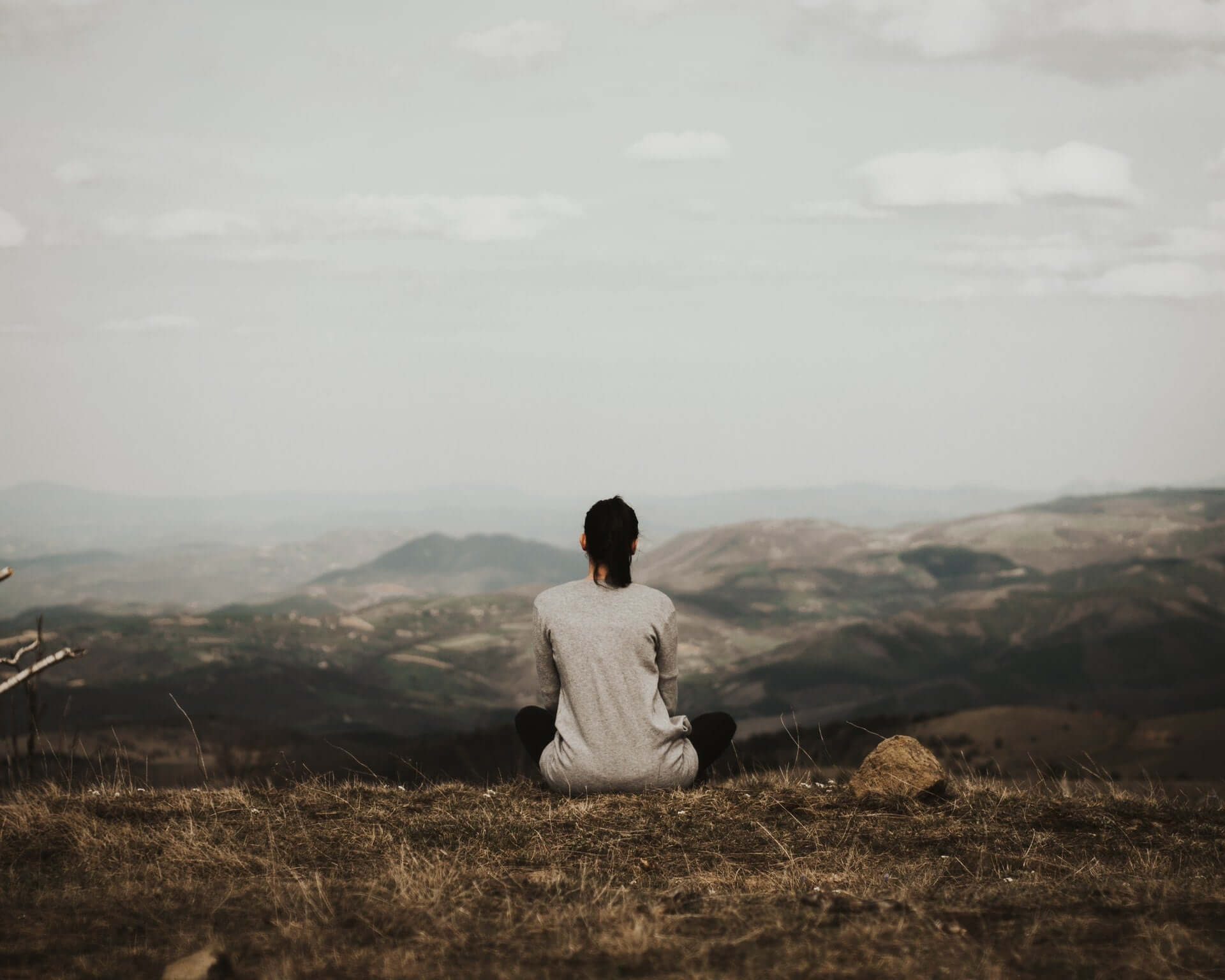
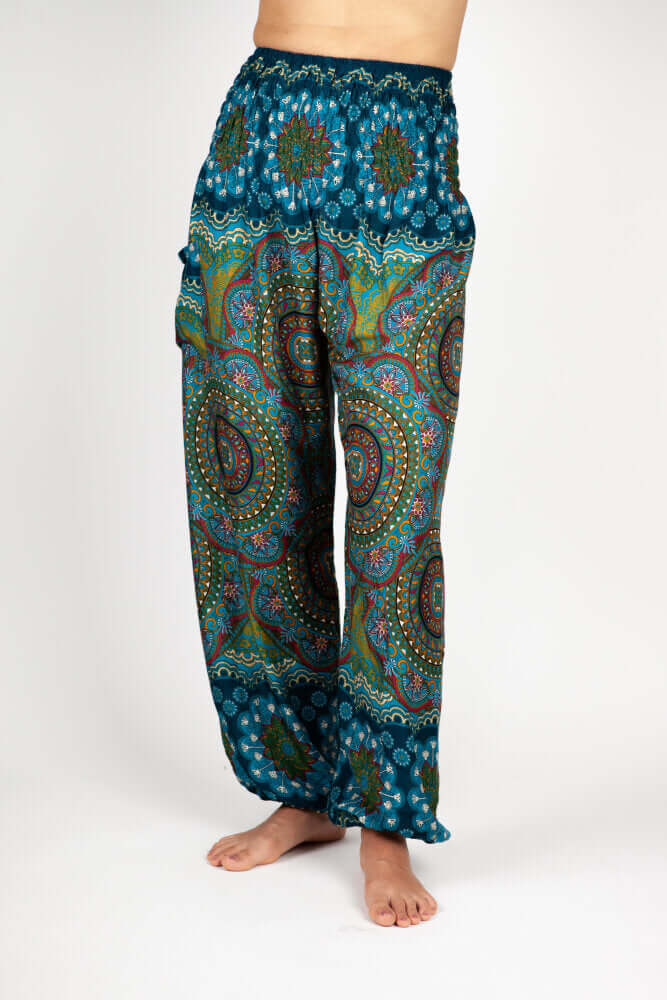
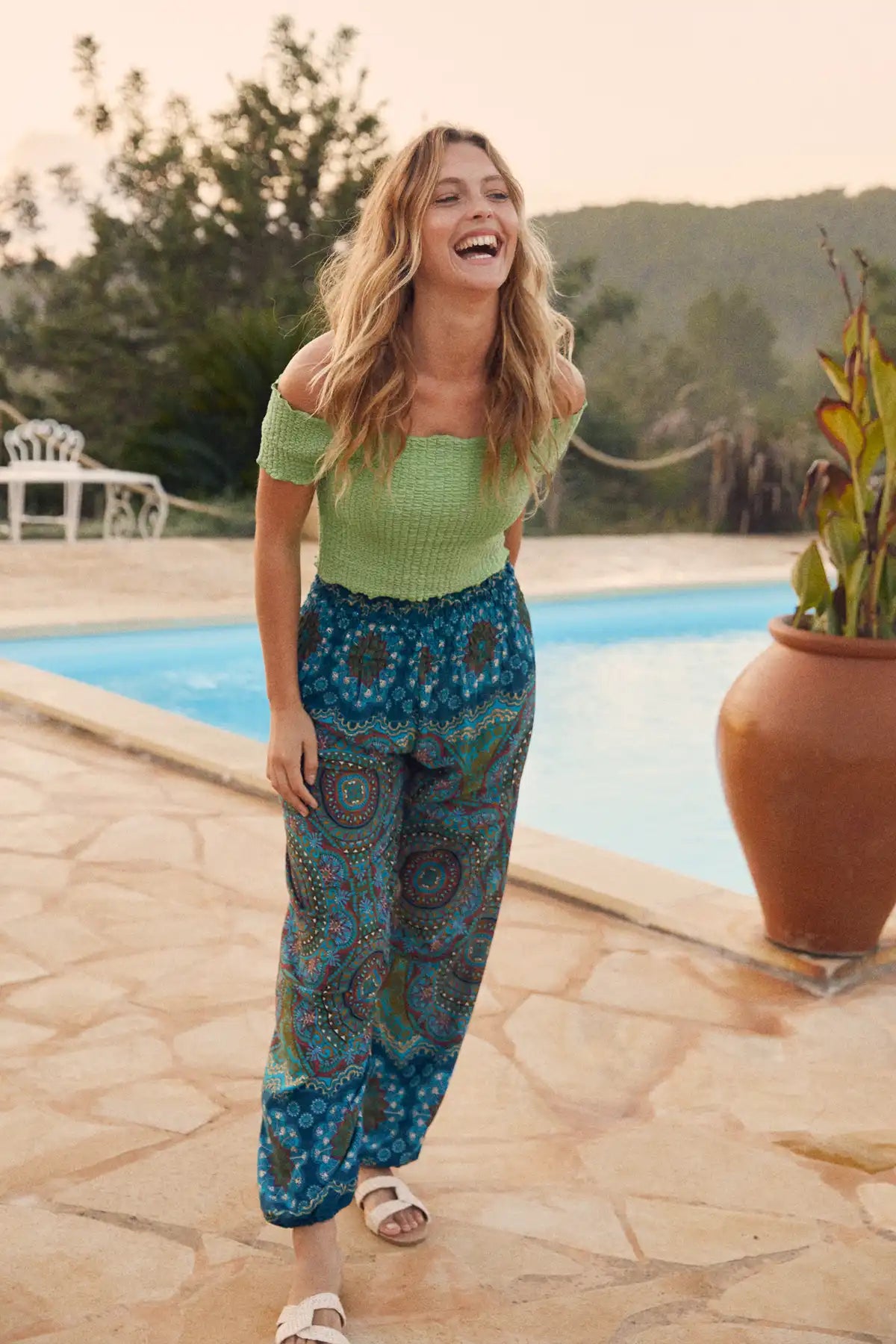














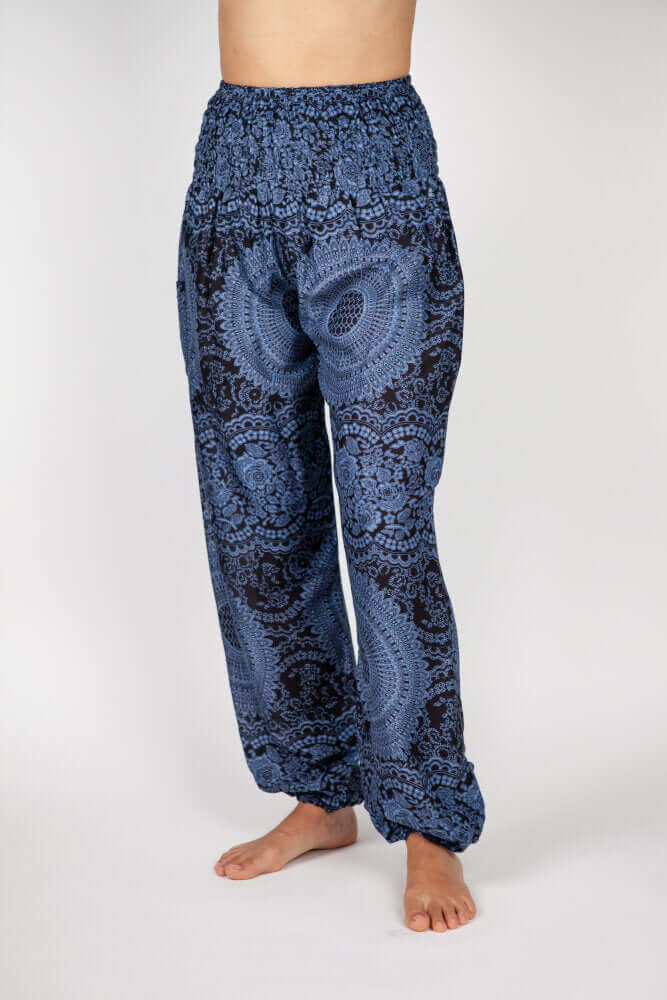

Leave a comment
This site is protected by hCaptcha and the hCaptcha Privacy Policy and Terms of Service apply.